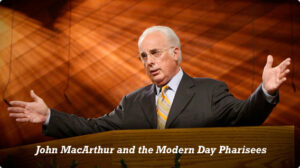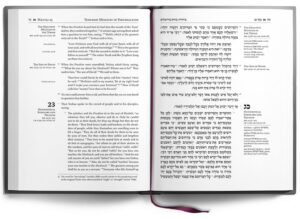
Jesus People Movement
Restoring the Church to the Original Blueprint
This picture taken at House of Agape in Kansas City, MO.
The Jesus People Movement
A Return to the New Testament Church of the Book of Acts
"Central to understanding the Jesus People Movement was their singular devotion to and zeal for evangelism. At the core of the movement’s identity was an abiding belief that the gospel was good news for a lost and wandering generation.
The name of the JPM came from its focus: adherents sought to reach people for Jesus. Street evangelism, evangelism bands traveling across the country to share Christ, and a host of evangelists and evangelistic ministries arose from its ranks. Even in their defining slogan — the raised finger and words “one way,” was an acknowledgement that in the midst of such pain, chaos and uncertainty, it was solely through belief in Jesus that people could find the peace and joy they craved.
Many of the central innovations of the JPM — such as the coffeehouse movement or local underground newspapers — were built upon models derived from the counterculture. This was most evident in the emergence of Jesus music. What many in the mainstream church had dismissed as the devil’s music, JPM musicians reclaimed as powerful tools for both worship and evangelism." From: The Lasting Legacy of the Jesus People -- How an Unlikely, Countercultural Movement went Mainstream by Andrew MacDonald, Ed Stetzer
In his book, The Jesus People Movement: An Annotated Bibliography and General Resource (Bibliographies and Indexes in Religious Studies) author David Di Sabatino writes, "The founder of Agape was David Rose – Young charismatic hippie who converted and was later influenced by Jack Sparks of the Christian World Liberation Front. Compelled by a vision to open a mission to teenagers in the Midwest, he returned to Kansas City and opened the House of Agape. By the early 1970s their efforts had spawned a well attended church out of which came the music of Paul Clark and The Hallelujah Joy Band. After joining a mission team to the 1972 Olympics in Munich, Rose ventured to Israel where he functioned as the church’s overseas missionary for a number of years."
"One of the popular albums from this period was Paul Clark's – Good to Be Home (Seed, 1975) This album just sounds like they were having a good time recording it. Includes Phil Keaggy. From The Jesus People Movement: An Annotated Bibliography and General Resource (Bibliographies and Indexes in Religious Studies).


